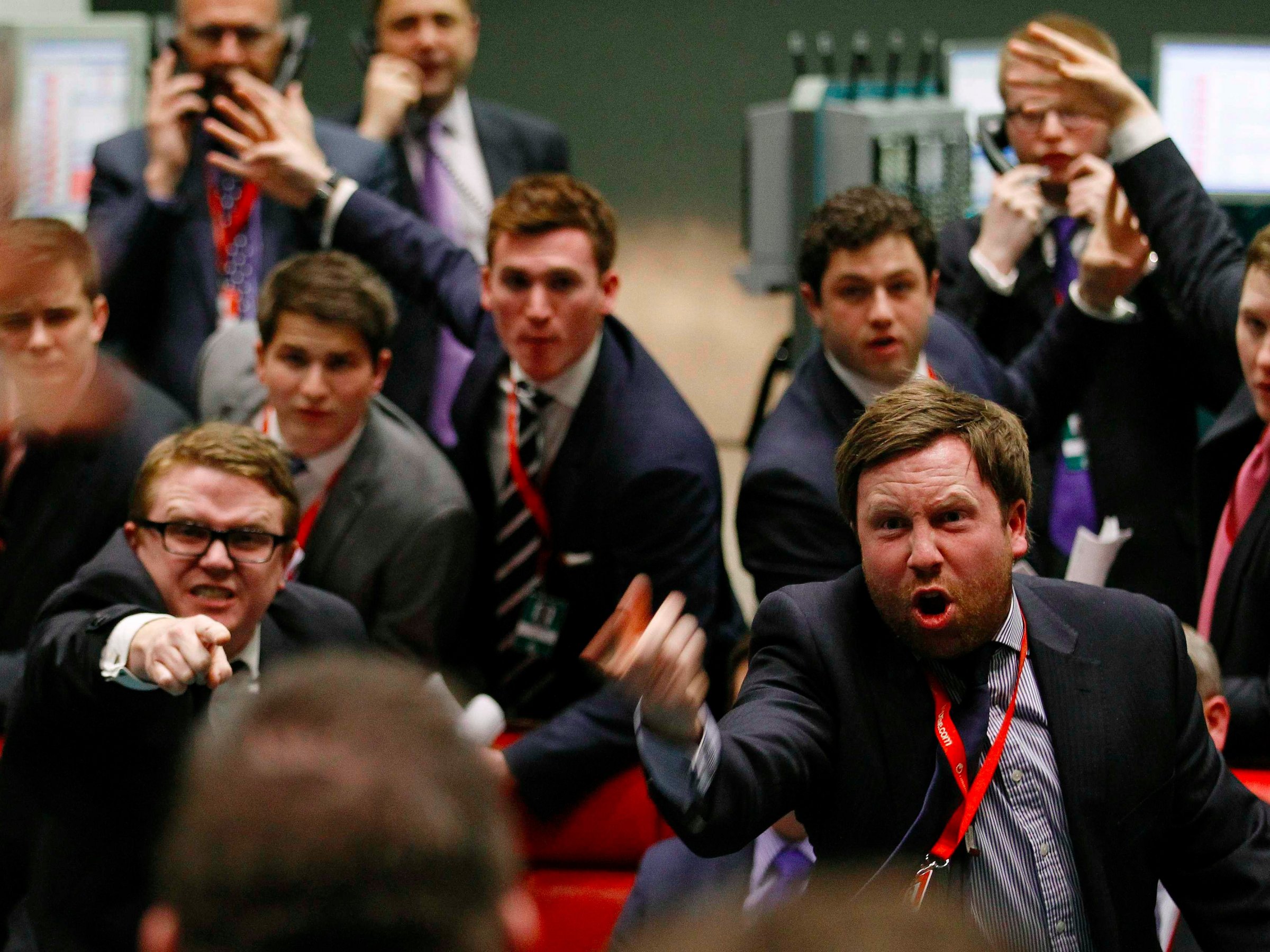LONDON – The government expects turbulence in financial markets stemming from Prime Minister Theresa May’s major Brexit speech on Tuesday, according to two separate news reports.
In the speech to foreign ambassadors and diplomats, the prime minister will give the clearest signal yet that her government will push for a clean divorce from the EU once exit talks begin, commonly referred to as a “hard Brexit,” according to the Daily Telegraph.
Hard Brexit is almost universally viewed by financial market participants as a material negative for Britain’s prospects in terms of foreign investment.
Any announcements from May that suggest this is the direction the government is heading in will be worrying for the markets, and will likely cause a further drop in sterling, as well as turbulence in UK bank and financial stocks.
According to Bloomberg, the government is aware of the impact the speech will have, and as a result has started to create plans aimed at calming investors after the speech.
“The Treasury is preparing to speak to major banks in London to try to smooth the reaction,” Bloomberg’s Svenja O’Donnell and Tim Ross write, citing two people familiar with the situation.
“While Treasury officials often reach out to banks to explain policy, it’s unusual for the prime minister’s office to anticipate a bad market reaction,” the people said, according to Bloomberg.
News of plans to try and assuage the concerns of investors comes after the Sunday Times reported that Downing Street expects a further “market correction” — a.k.a big fall in the value of the pound — following May’s speech on Tuesday, although a spokesman denied this on Monday.
Sterling has already fallen almost 19% since the Brexit vote, plumbing new depths in early Asian trade on Monday (Sunday night in the UK). The pound lost 1.3% of its value in overnight trade and is currently at 1.2050 against the dollar, a fall of 1% on the day.
The reaction of bank stocks is also likely a concern, given their reaction on the day after Britain voted for Brexit. At the market open on June 24 the UK’s biggest lenders saw their shares drop as much as 30%. It seems highly unlikely that the reaction tomorrow will be anywhere near as bad, but Bloomberg’s report suggests that the government has serious concerns.
NOW WATCH: A Harvard Business professor explains the failed case against Steve Cohen














